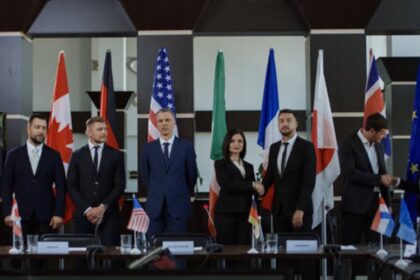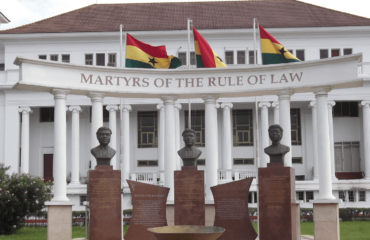
Traditionally, dispute resolution in international law relied on methods like negotiation, inquiry, conciliation, mediation, arbitration, and judicial settlement. The Permanent Court of International Justice (PCIJ) and the International Court of Justice (ICJ) have adjudicated numerous cases involving maritime issues, contributing to the development of international legal norms. Landmark cases include the Alabama Arbitration (1872), the Palmas Island Arbitration (1928), the Corfu Channel Case (1949), the North Sea Continental Shelf Cases (1969), and the Land and Maritime Boundary between Cameroon and Nigeria Case (2002).
While these traditional mechanisms remain available for resolving maritime disputes, they are not compulsory. In response to the limitations of earlier approaches, the UN Convention on the Law of the Sea (UNCLOS), opened for signature on December 10, 1982, introduced both voluntary and compulsory dispute resolution mechanisms. Recognizing that effective dispute settlement was essential to uphold the Convention’s delicate compromises, UNCLOS established procedures designed to ensure fairness and consistency.
Voluntary Dispute Settlement under UNCLOS
Section 1 of Part XV (Articles 279–285) of UNCLOS enshrines the principle that disputes concerning the interpretation or application of the Convention must be resolved peacefully, as outlined in Article 33(1) of the UN Charter. This includes negotiation, mediation, arbitration, judicial settlement, and other peaceful means of the parties’ choosing. Importantly, UNCLOS does not prioritize one method over another, emphasizing flexibility and mutual agreement in resolving disputes.
Compulsory Dispute Settlement Procedures
If voluntary methods fail, Section 2 of Part XV outlines compulsory procedures that result in binding decisions. These procedures are subject to limitations and exceptions defined in Articles 297 and 298. States automatically accept these compulsory mechanisms upon ratifying UNCLOS, with the option to exclude certain disputes from binding procedures through declarations under Article 298.
Under Article 286, disputes can be submitted to compulsory resolution only if efforts under Section 1 have been exhausted. However, states may still agree to bypass voluntary methods and directly invoke Section 2 procedures. Article 287 gives states the freedom to choose one or more of the following four adjudication options:
- International Tribunal for the Law of the Sea (ITLOS)
- International Court of Justice (ICJ)
- Arbitral tribunal (Annex VII)
- Special arbitral tribunal (Annex VIII)
Special arbitration under Annex VIII is limited to specific issues, such as fisheries, marine environmental protection, marine scientific research, and navigation, while Annex VII arbitration is broader in scope.
Balancing Judicial Decentralization and Legal Coherence
The inclusion of multiple adjudicatory bodies, known as the “Montreux Compromise,” ensured widespread agreement on UNCLOS. ritics argue that this plurality risks fragmenting international law. However, evidence suggests that judicial decentralization has not undermined the coherence of international legal principles. Instead, it offers states flexibility while maintaining a unified framework for resolving disputes in the law of the sea.
In summary, the innovative dispute settlement mechanisms under UNCLOS reflect a balance between state sovereignty, legal consistency, and the need for effective resolution of maritime disputes. By integrating both voluntary and binding processes, UNCLOS has set a new standard for international dispute settlement frameworks.


